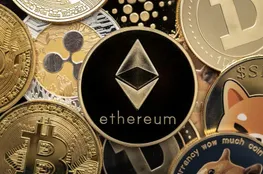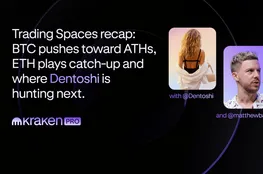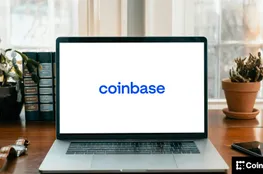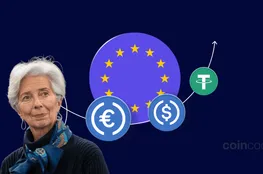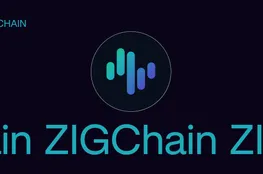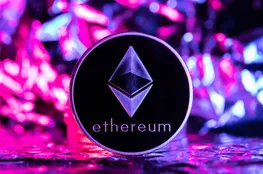Wash trading remains a pervasive issue within the DeFi ecosystem, as highlighted by a recent investigation involving crypto promoters and federal law enforcement. Researchers at Kaiko have indicated that this dubious practice, wherein trade volumes are artificially inflated to boost apparent liquidity and attract new investors, is still prevalent in decentralized finance, or DeFi, exchanges, as well as select centralized platforms. Their findings suggest that many of the 200,000 assets on Ethereum-based decentralized exchanges are often manipulated, controlled by single entities lacking genuine utility.
One prevalent method involves token issuers creating short-lived liquidity pools on platforms like Uniswap, where they engage in wash trading to create an illusion of demand and liquidity. This tactic entices other investors to participate, resulting in the original issuers reaping profits significantly larger than their initial investment—up to 22 times their initial Ether in merely 10 days. Such practices are not isolated, extending beyond the notable FBI investigation into the NexFundAI token created specifically to uncover such fraudulent activities.
Kaiko's research further reveals that centralized exchanges such as HTX and Poloniex exhibit signs of wash trading. These platforms show unusually high volume-to-liquidity ratios, which suggest manipulation. Notably, these exchanges are linked to Justin Sun, who faced allegations from the Securities and Exchange Commission for market manipulation involving the TRX token. Sun has refuted these claims.
Wash trading is not confined to obscure assets alone but also affects meme coins, privacy tokens, and lesser-known altcoins. Kaiko's examination of the meme token Pepe on HTX revealed substantial deviations in trading volume trends compared to other exchanges. While volumes on HTX remained robust and even increased mid-year, other platforms saw a decline. Although requests for comments from Uniswap and representatives from HTX and Poloniex remain unanswered, the findings underscore the necessity for ongoing vigilance and regulatory oversight in the crypto market to protect investors and maintain market integrity.


